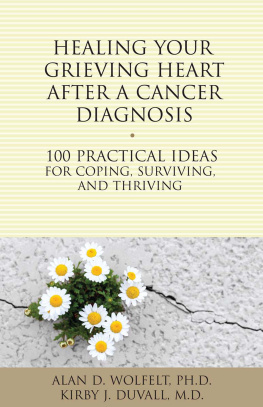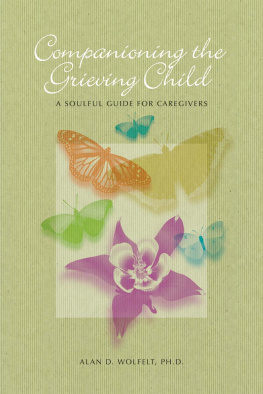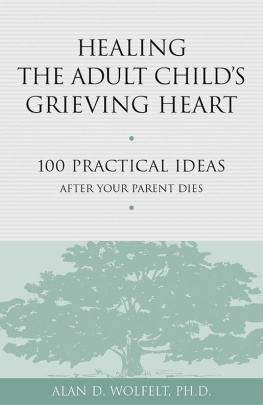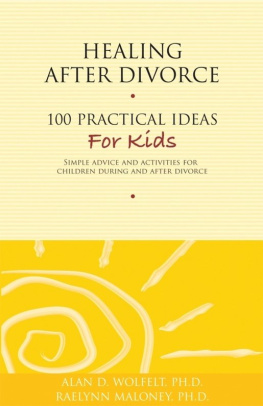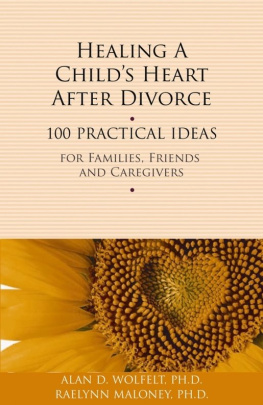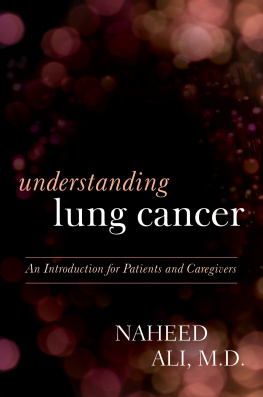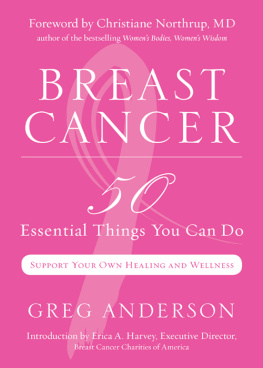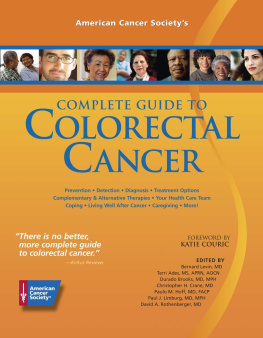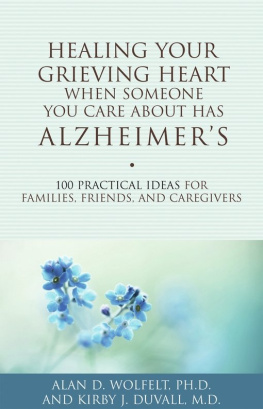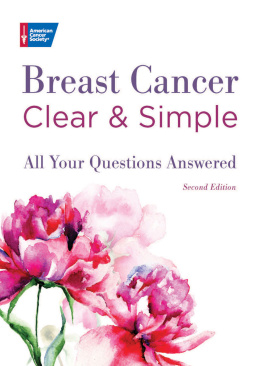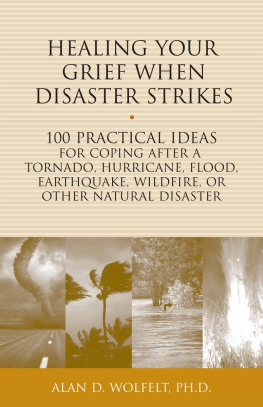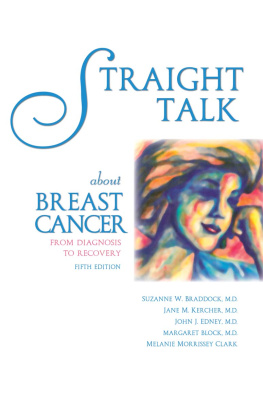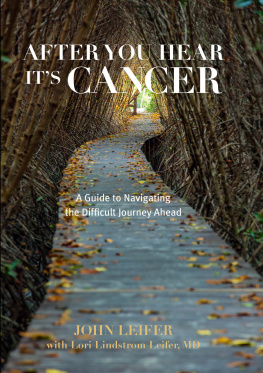
Also by Alan Wolfelt and Kirby Duvall:
Healing a Friend or Loved Ones
Grieving Heart After a Cancer Diagnosis:
100 Practical Ideas for Providing
Compassion, Comfort, and Care
Healing Your Grieving Body:
100 Physical Practices for Mourners
Healing After Job Loss:
100 Practical Ideas
Also by Alan Wolfelt:
Healing Your Grieving Heart:
100 Practical Ideas
The Journey Through Grief:
Reflections on Healing
The Mourners Book of Hope:
30 Days of Inspiration
Understanding Your Grief:
Ten Essential Touchstones for Finding
Hope and Healing Your Heart
Companion Press is dedicated to the education and support of both the bereaved and bereavement caregivers. We believe that those who companion the bereaved by walking with them as they journey in grief have a wondrous opportunity: to help others embrace and grow through griefand to lead fuller, more deeply-lived lives themselves because of this important ministry.

For a complete catalog and ordering information, write, call, or visit:
Companion Press
The Center for Loss and Life Transition
3735 Broken Bow Road
Fort Collins, CO 80526
(970) 226-6050
www.centerforloss.com
2014 by Alan D. Wolfelt, Ph.D. and Kirby J. Duvall, M.D.
All rights reserved. No part of this publication may be reproduced, stored in a retrieval system, or transmitted in any form or by any means, electronic, mechanical, photocopying, recording or otherwise, without the prior permission of the publisher.
Companion Press is an imprint of the
Center for Loss and Life Transition
3735 Broken Bow Road
Fort Collins, Colorado 80526
970-226-6050
Companion Press titles may be purchased in bulk for sales promotions, premiums, or fundraisers. Please contact the publisher at the above address for more information.
Printed in the United States of America
21 20 19 18 17 16 15 14
5 4 3 2 1
ISBN: 978-1-61722-200-9
In Gratitude
To the people who have been willing to share their cancer journeys with us and inspired us to pen this resource.
CONTENTS
INTRODUCTION
Thank you for picking up this book. You probably have it in your hands because you have been diagnosed with some form of cancer. We are so sorry you had to hear these difficult words: You have cancer.
We wish you courage, grace, comfort, and hope as you begin to explore this resource. Please view this little book as an encouraging friend who takes your hand and walks with you, by your side. As good friends do, let it fill you with the strength and belief that you cannot only survive your cancer but go on to discover new meaning and purpose in your life.
My personal story
I was riding my bike in the gorgeous mountains outside of Aspen, Colorado. The day was bright and beautiful. I was enjoying spending the day with my precious daughter Megan and two of her close friends. The furthest thing from my head and heart was anything related to cancer.
Just as I was rounding a slight bend on the bike trail, my cell phone rang. Despite taking a day off for renewal, I had some instinct to answer the call. The female voice on the other end of the line did not mince words. Is this Dr. Wolfelt? she asked matter-of-factly. Yes, it is, I responded. She quickly proceeded. Im sorry to have to tell you this on the telephone, but your biopsy results came back, and you have prostate cancer.
I could not move. I could not bring myself to utter even a word in response to her statement. Upon reflection, I dont think I wanted the word cancer to register with me. My initial response was anchored in a combination of shock, fear, and protest. I dont remember any words that passed between us after I heard those dreaded words, You have cancer.
When the shock evolved to overwhelming sadness, I began to think about how I didnt want to leave my wife, Sue, and my three beloved children, Megan, Chris, and Jaimie. I said to myself, Is this it? Am I going to die in my fifties? What if I dont survive this? I have so much to live for, more love to give, more books to write, more workshops to teach. Im not ready to go! This was the start of my rollercoaster ride of self-examination, personal discovery, and even some enforced learning of life.
Oh yes, if anyone inappropriately tells you that you will grow from this or It will make you a better person, remember the word enforced. This was not for me, and will not be for you, growth you would choose. Actually, you would choose to have your health back!
Not only am I a cancer survivor, I am a grief counselor and educator. For more than thirty years, I have taught people about the need to embrace and express their grief after a significant loss so they can go on to live and love well again. This book, then, sits squarely at the intersection of two important pieces of my life. I am honored to walk beside you on your journey.
You and I are among the more than 13 million Americans alive today (and hundreds of millions more the world over) who have faced a cancer diagnosis. We have this in common, yet each of us is unique. We come to cancer with our own personal and family histories, our unique personalities, our own ways of dealing with challenges and loss. Even when we share a diagnosis or prognosis, our circumstances vary tremendously. Your cancer journey will be as unique as you are. Yet despite our differences, there is comfort in knowing that none of us walks alone.
Cancer is loss
Cancer is a significant loss. No matter your type or stage of cancer or survivorship, your life changed after your diagnosis. From the moment you first heard those three little words, you experienced losses of many kinds.
You lost your health. Even if you recovered your health in the months and years after your treatment, you know what it means to feel healthy one moment and frighteningly unhealthy the next.
You lost your sense of normalcy and safety. Your life was going along in its usual way when wham!you were broadsided by cancer. Few diseases turn life so topsy-turvy for such a long period of time. And the uncertainty of your prognosis likely made you feel unsafe and anxiousfor yourself as well as for those who love you and depend on you.
If your treatment was extensive or ongoing, you may have lost your ability to work, as well. You may have lost financial stability.
In the course of your treatment, perhaps you lost a body part or two, your hair, your appetite, your memory (thanks to chemo brain), and even some of your friends. Not everyone is capable of the steadfastness it takes to be a friend through the cancer journey.
So yes, in myriad ways, cancer is synonymous with loss. And when we lose things (or people) that we care about or that are important to our sense of self, we naturally grieve.
Grief is what we think and feel on the inside when we lose someone or something important. When someone we love dies, for example, we experience shock, anger, guilt, sadness, and other emotions. We think many dark and difficult thoughts. All of these thoughts and feelings go into a pot called grief.
Mourning your grief
You have grieved since your cancer diagnosis, I am sure. I know I did, and I continue to do so. Those who love us have grieved too. The purpose of this book is to help you embrace grief as normal and necessary and find ways to express it outside yourself.
Next page
